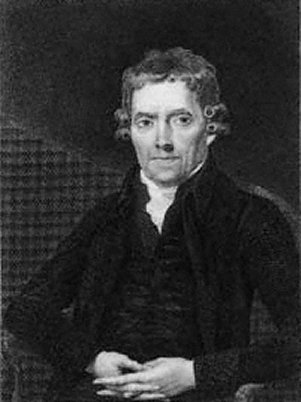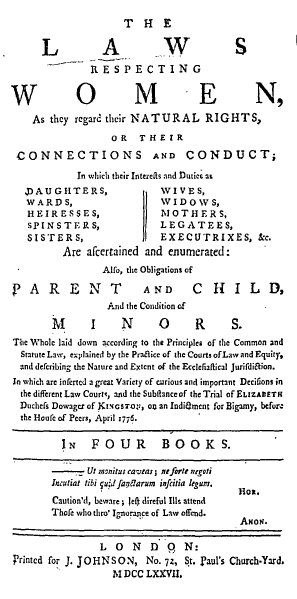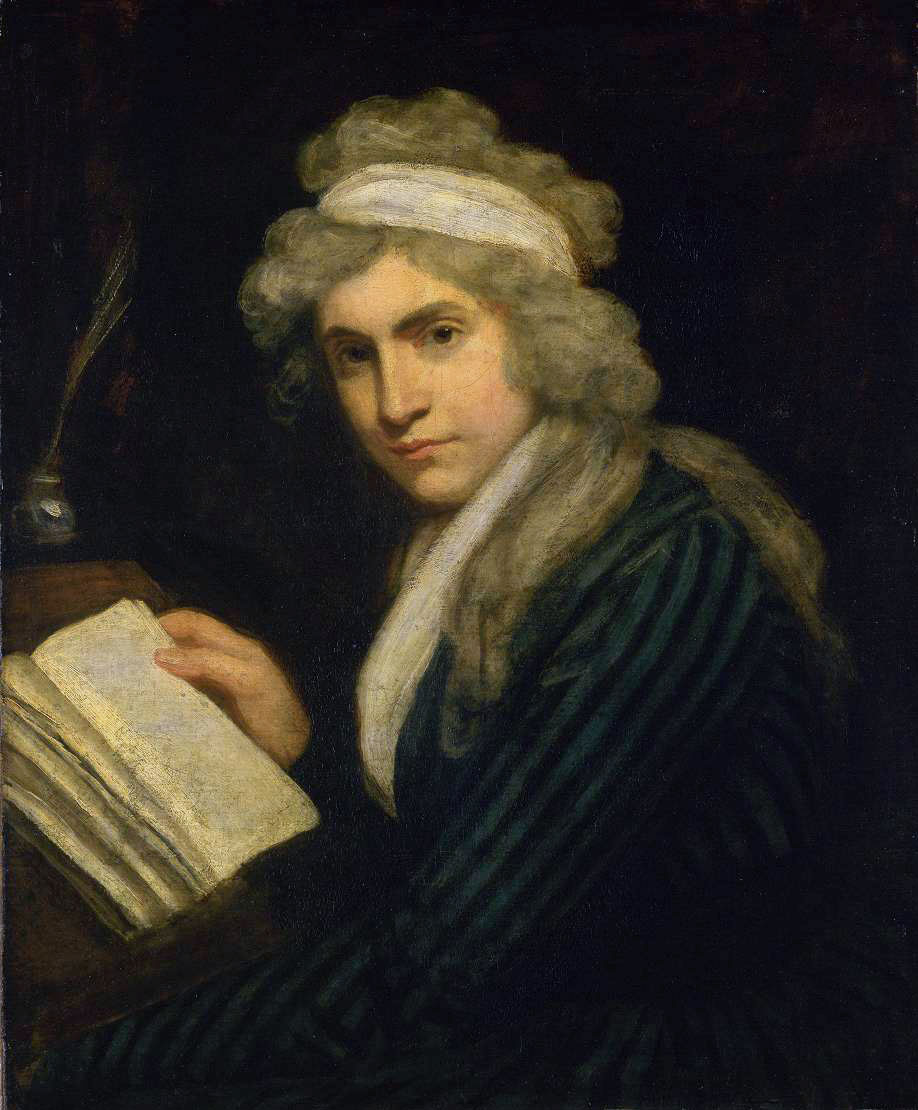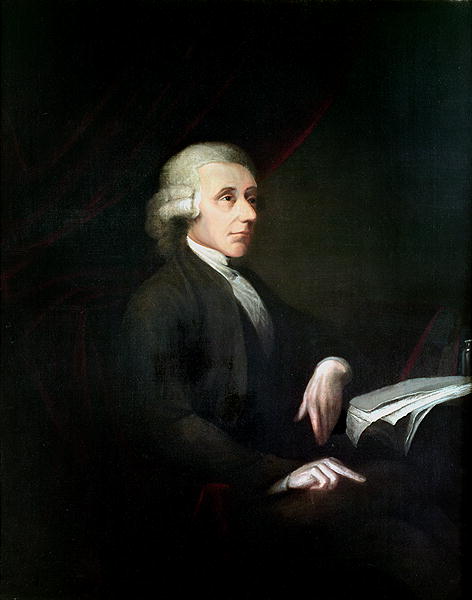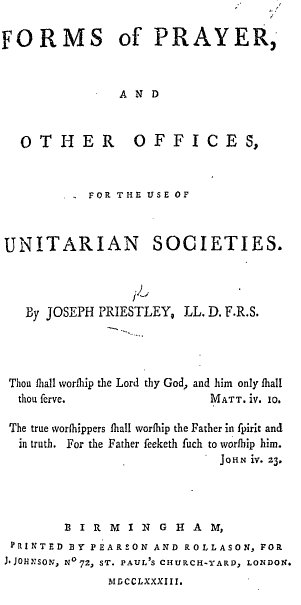Johnson, Joseph, 1738-1809
Enlarge text Shrink text- Haywood, P. Joseph Johnson ... 1976 (subj)t.p. (Joseph Johnson, publisher, 1738-1809)
- GB 77-05835
- An essay on the principle of population, 1798:t.p. (Printed for J. Johnson)
- Maxted, I. The London book trades, 1775-1800(Johnson, Joseph; b. 11/15/1738; d. 12/20/1809; bookseller)
Joseph Johnson (15 November 1738 – 20 December 1809) was an influential 18th-century London bookseller and publisher. His publications covered a wide variety of genres and a broad spectrum of opinions on important issues. Johnson is best known for publishing the works of radical thinkers such as Mary Wollstonecraft, William Godwin, Thomas Malthus, Erasmus Darwin and Joel Barlow, feminist economist Priscilla Wakefield, as well as religious Dissenters such as Joseph Priestley, Anna Laetitia Barbauld, Gilbert Wakefield, and George Walker. In the 1760s, Johnson established his publishing business, which focused primarily on religious works. He also became friends with Priestley and the artist Henry Fuseli – two relationships that lasted his entire life and brought him much business. In the 1770s and 1780s, Johnson expanded his business, publishing important works in medicine and children's literature as well as the popular poetry of William Cowper and Erasmus Darwin. Throughout his career, Johnson helped shape the thought of his era not only through his publications, but also through his support of innovative writers and thinkers. He fostered the open discussion of new ideas, particularly at his famous weekly dinners, the regular attendees of which became known as the "Johnson Circle". In the 1790s, Johnson aligned himself with the supporters of the French Revolution, and published an increasing number of political pamphlets in addition to a prominent journal, the Analytical Review, which offered British reformers a voice in the public sphere. In 1799, he was indicted on charges of seditious libel for publishing a pamphlet by the Unitarian minister Gilbert Wakefield. After spending six months in prison, albeit under relatively comfortable conditions, Johnson published fewer political works. In the last decade of his career, Johnson did not seek out many new writers; however, he remained successful by publishing the collected works of authors such as William Shakespeare. Johnson's friend John Aikin eulogized him as "the father of the booktrade". He has also been called "the most important publisher in England from 1770 until 1810" for his appreciation and promotion of young writers, his emphasis on publishing inexpensive works directed at a growing middle-class readership, and his cultivation and advocacy of women writers at a time when they were viewed with skepticism.
Read more on Wikipedia >
 Personality
Personality





